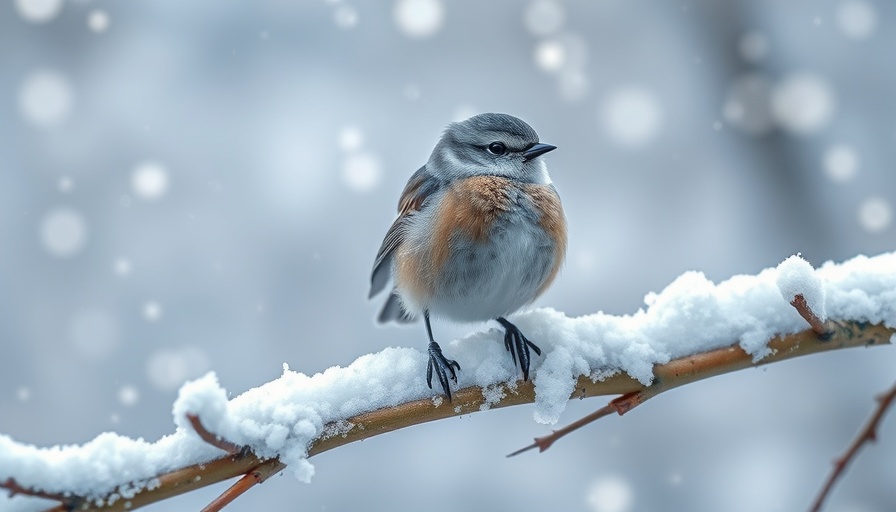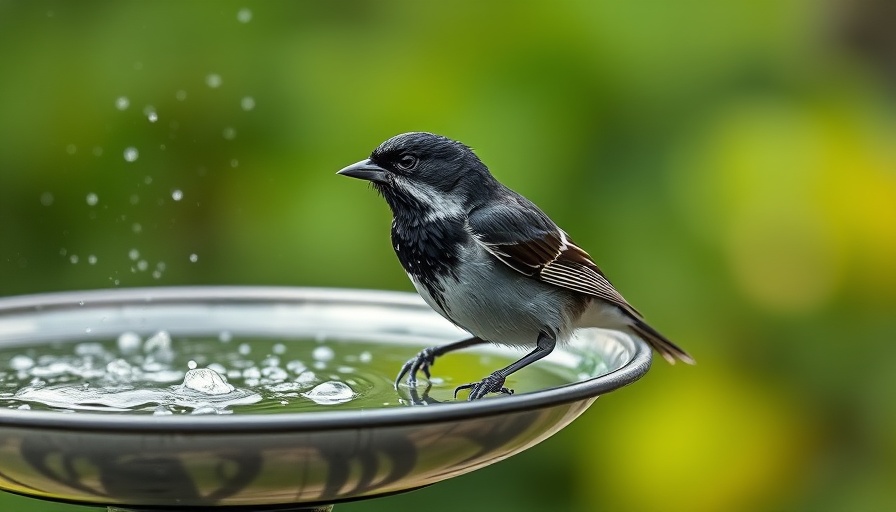
Understanding Why Birds Are Not Cold-Blooded
It’s a commonly debated question among nature enthusiasts: are birds cold-blooded? The definitive answer is no; birds are warm-blooded creatures capable of regulating their body temperature independently of external conditions. This unique trait enables them to thrive in various environments, from the icy peaks of the Arctic to the heat of sun-baked deserts.
Avian Metabolism: The Key to Temperature Control
Birds possess a remarkably high metabolic rate, which allows them to produce heat efficiently. This metabolic activity supports their need for quick movement and agility—essential characteristics for both predation and flight. By generating their own body heat, they maintain a stable internal environment that is crucial for their survival, growth, and reproduction.
How Birds Stay Warm
Birds are equipped with feathers, which play a vital role in insulation. These feathers trap air, providing a barrier against the cold. Additionally, birds can engage in behaviors like huddling or fluffing their feathers to create an additional layer of warmth. They also exhibit a phenomenon known as torpor, allowing them to lower their metabolic rates temporarily during nights or extreme cold spells when resources are scarce.
Myths and Facts: Debunking Common Misconceptions
Despite their warm-blooded nature, several myths persist about birds and cold weather. One common misconception is that small birds are vulnerable in winter. In reality, their physiological adaptations enable them to survive harsh conditions while they preserve energy efficiently. Moreover, many species migrate to more favorable climates, showcasing their incredible capacity to adapt.
The Broader Implications of Avian Thermoregulation
Understanding avian thermoregulation offers insights into broader ecological dynamics and the impact of climate change on bird species. As global temperatures fluctuate, birds continue to demonstrate remarkable resilience and adaptability, displaying various strategies that highlight their evolutionary success. Knowledge of their thermoregulation can spur conservation efforts, as preserving their habitats becomes increasingly vital.
In conclusion, birds are far from cold-blooded; their unique metabolic adaptations not only allow them to survive but to thrive in diverse environments. By studying these amazing creatures, we learn about the intricate balances in nature and the importance of maintaining ecosystems.
 Add Row
Add Row  Add
Add 




Write A Comment